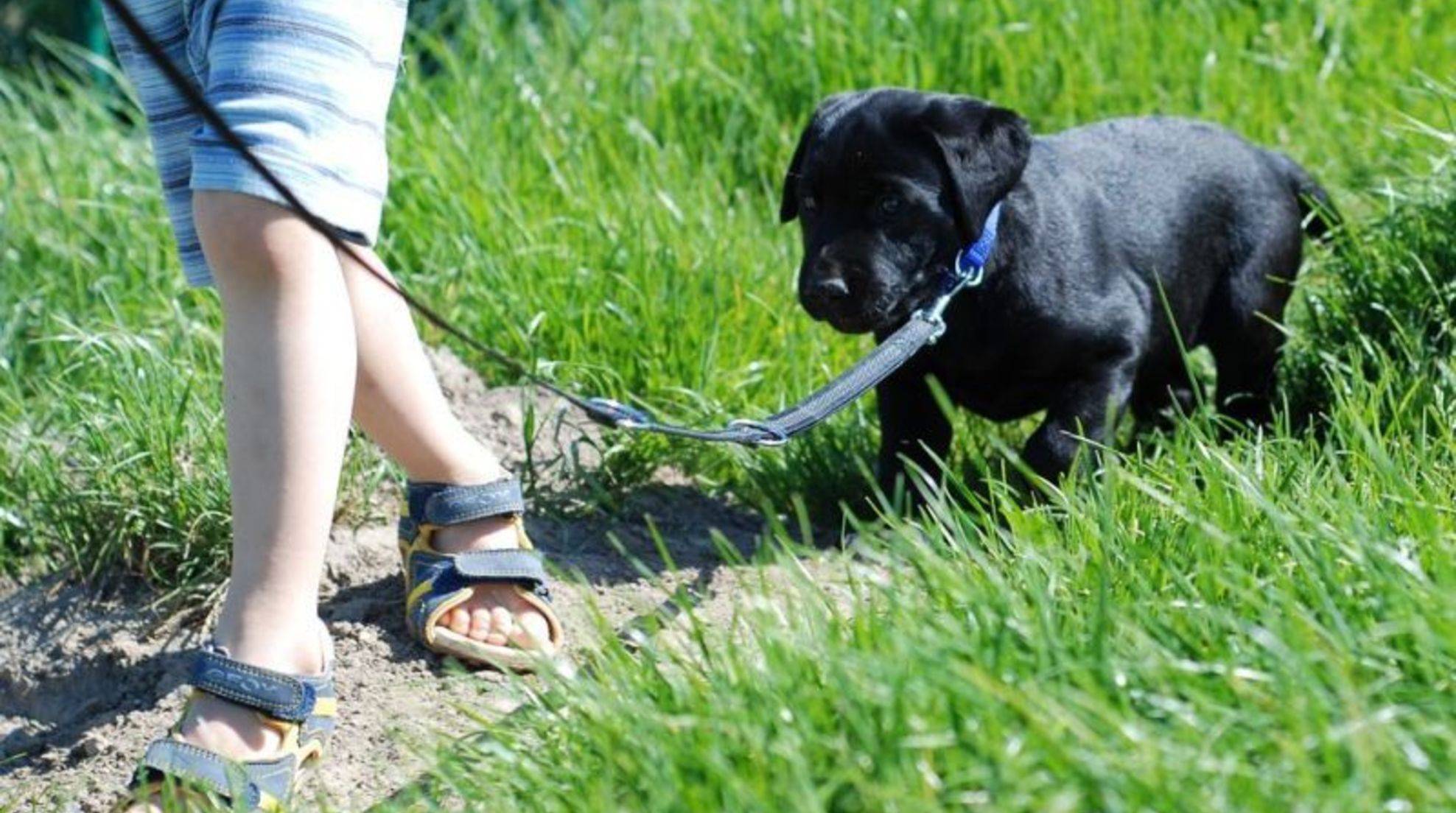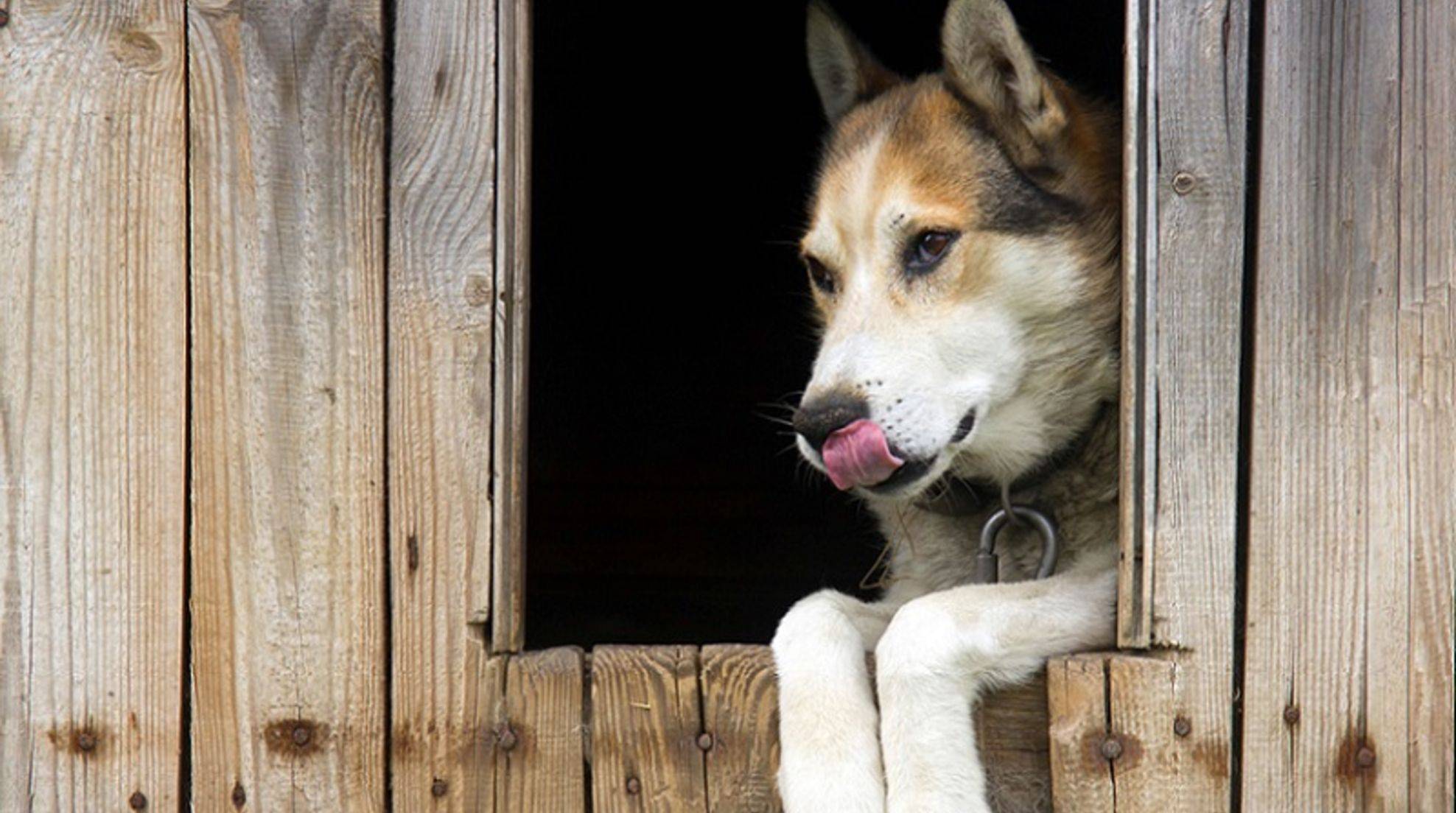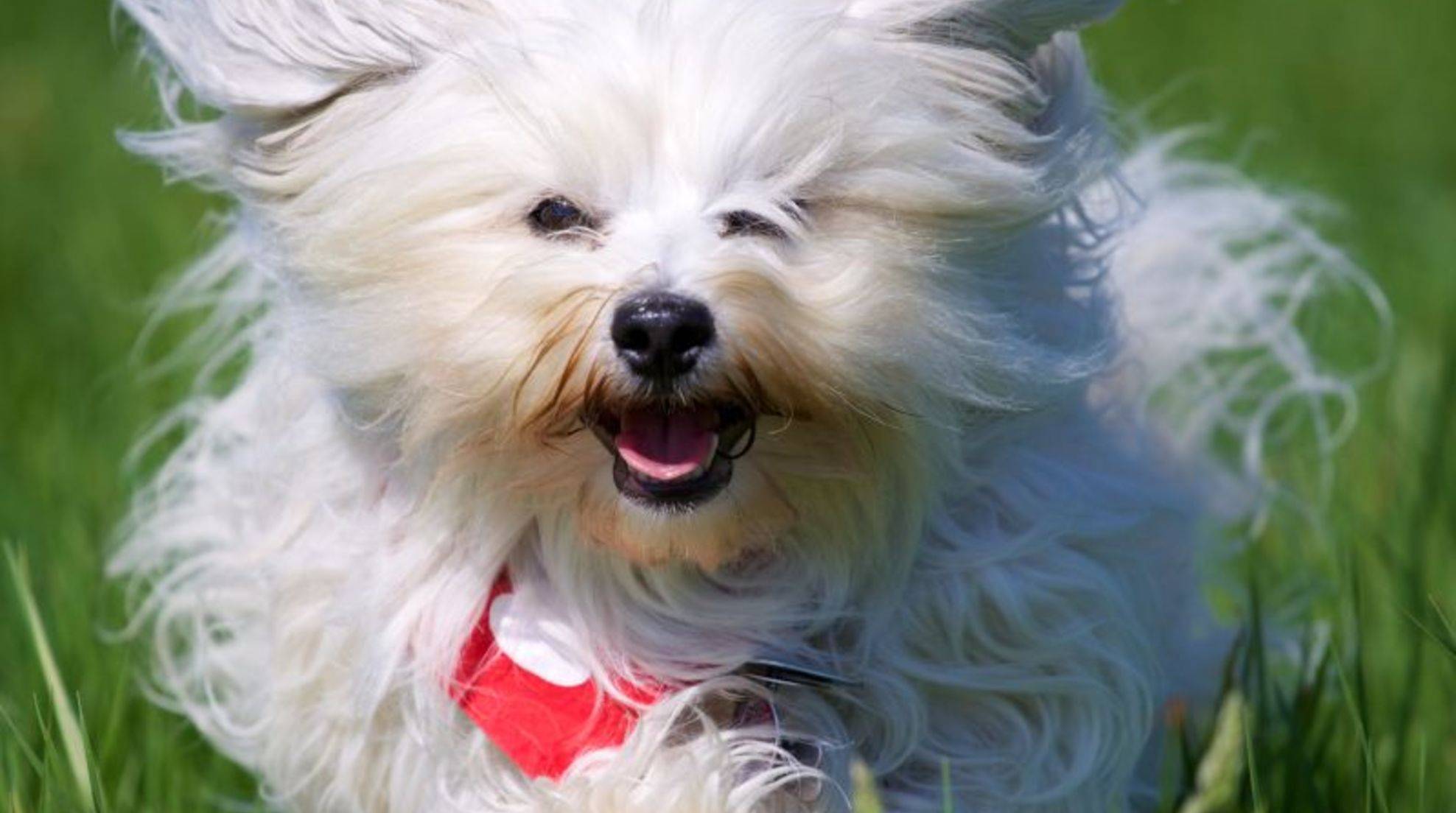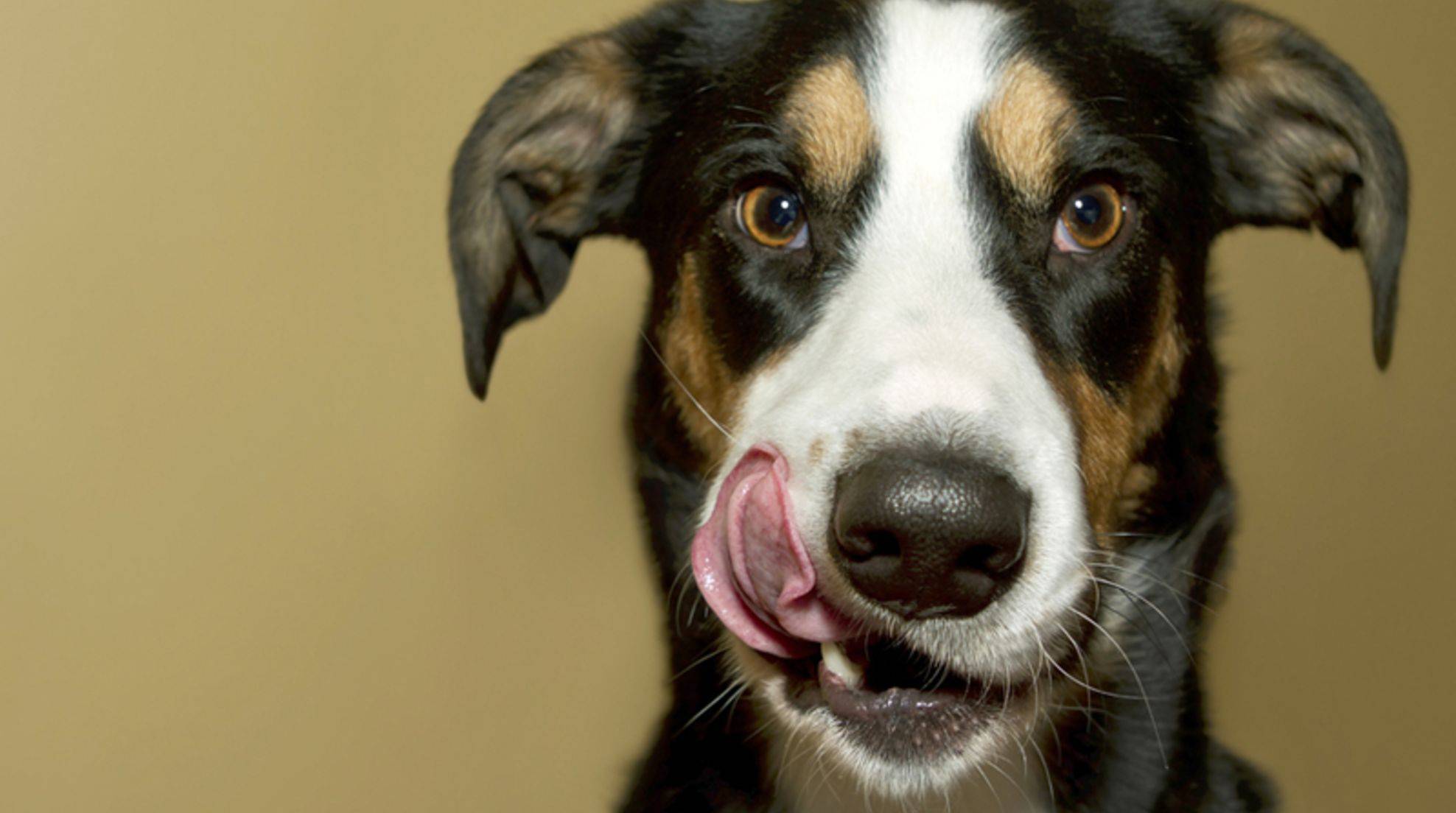The dog seems lazy: what to do about listlessness?
Have you ever thought that your dog is lazy? While other four-legged friends are doing top performances at agility or mastering great tricks, your pelt-nose prefers to lie comfortably on the sofa and doze off? Usually, this is no cause for concern, but it is worth taking a closer look and searching for the cause of the listlessness.
Dogs need between 18 and 21 hours of rest a day – they don’t necessarily sleep soundly, but they doze or relax to replenish their energy reserves. So, your dog isn’t lazy if he finds a comfortable spot to curl up in for most of the day. Senior dogs and puppies tend to need more rest time than adult animals.
Is the dog lazy or sick?
Still, it would help if you kept an eye on your four-legged friend’s resting habits. If something changes in his behavior and he seems to sleep more and have less drive than usual, a visit to the vet is recommended to be on the safe side. It may be that disease is behind his apparent listlessness. Certain metabolic disorders such as hypothyroidism, allergies, or a cold, for example, cause listlessness. Also, if your dog suffers from obesity, he often appears limp and lazy because he finds any movement difficult.
Review his life circumstances if everything is physically fine with your dog and he still seems to have no energy. You may be unknowingly over-or under-challenging your four-legged friend so that he has lost the fun of any activities.
Consider the dog’s biorhythm.
Like humans, dogs have a certain biorhythm. At some times of the day, they are fit as a fiddle; they are somewhat lazy at other times of the day. Perhaps you know this from yourself, that you could pull out trees in the morning and the afternoon you would prefer to take a comfortable nap on the couch; or you can’t get out of bed in the morning, and in the evening you are suddenly wide awake and active. This happens with our pets, too, and they have different preferences.
Watch your dog see when he seems remarkably awake and alert and when he prefers to relax in his basket. The active, sharp phases are ideal for training, long walks, playing, and teaching tricks. In the resting stages, your four-legged friend has no great desire to do this and can at best be persuaded for a short, leisurely round around the block before he devotes himself again to sweet idleness.
Listlessness? Try new games
If this is not enough to motivate your lazy dog, it may be due to incorrect training and unsuitable games. After all, dogs have different tastes, and not every four-legged friend loves to play fetch, run or do dog sports. This depends on the one hand on breed, on the other, and your pet’s age; in addition, there are individual preferences. It is best to find out about suitable dog sports for the dog breed of your choice before acquiring it so that you can find an appropriate activity for it right from the start if possible.
For example, huskies, Australian Shepherds, and Border Collies are very active dogs that love to run and need a task – otherwise, they get bored. Pulling dog sports are great fun for Huskies; Australian Shepherds and Border Collies enjoy spending time in agility or dog dancing. On the other hand, an English Bulldog would be entirely out of place in these dog sports. Bulldogs are not as physically resilient and enjoy leisurely walks, intelligence, and search games that require them to use their brains without getting out of breath. Just test out what your animal companion wants and provide a little variety to avoid getting too monotonous.
Lure out the “lazy dog” with the proper reward
Dogs are just animals and will only do things they deem worthwhile. So if your dog appears lazy, it’s conceivable that the reward held out in prospect is not enough for him to make an effort. In this case, it’s best to try out what can get your four-legged friend to cooperate. You can find tips on this in our guide “Rewards for dogs: what you need to consider.”
The dog seems lazy? Check diet
If your dog is healthy and, in principle, adequately exercised and busy, there is another reason why he may seem lazy: poor nutrition. Being overweight and a lack of nutrients can make your pet feel listless and listless. To remedy the nutritional listlessness, switch your four-legged friend to high-quality dog food or bar feeding. Then he will soon have more energy again.








